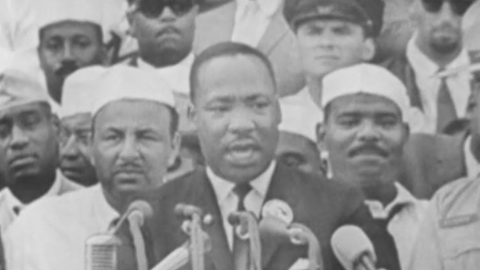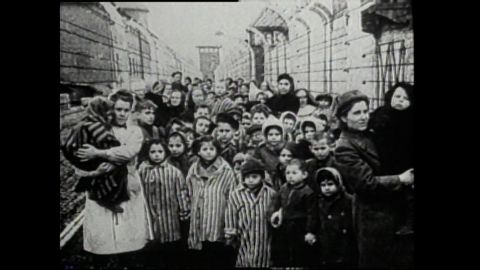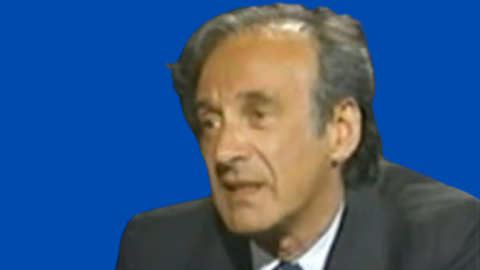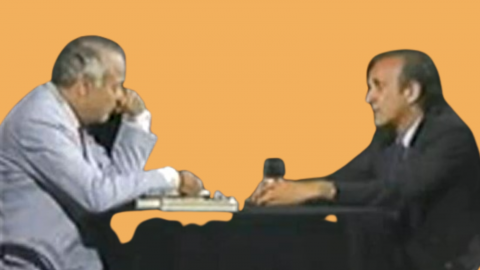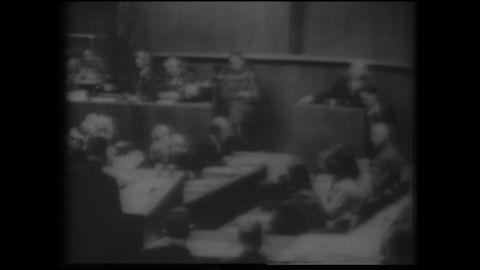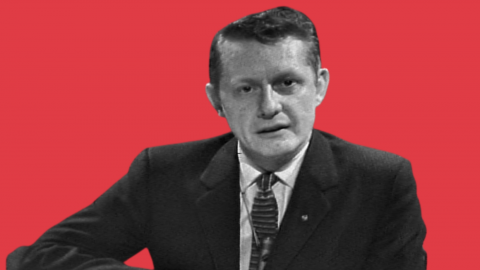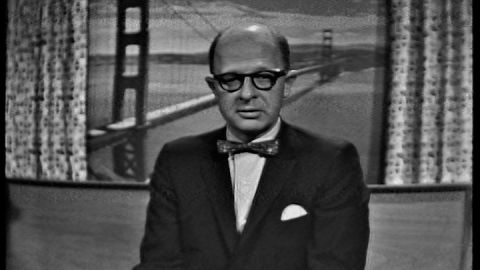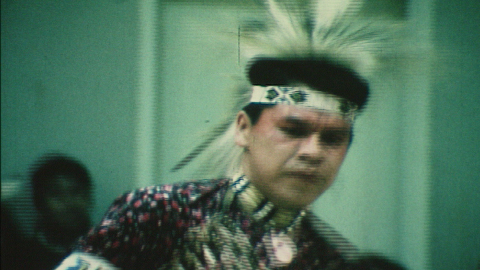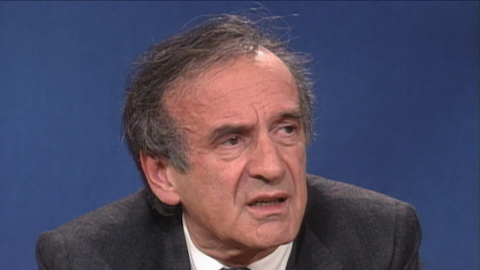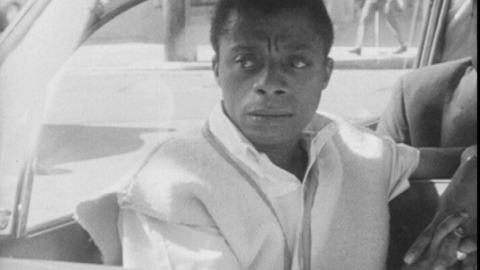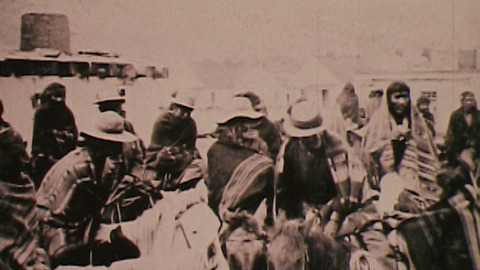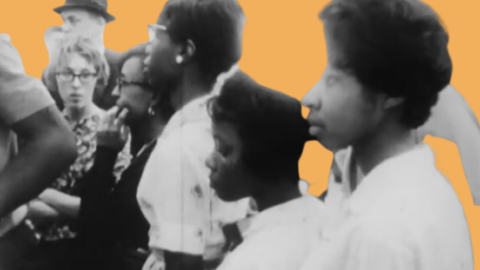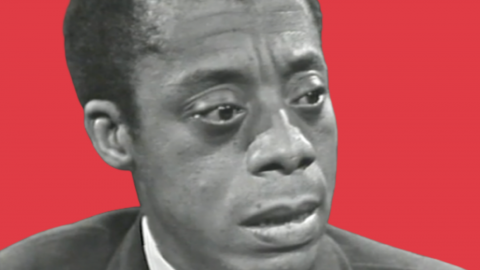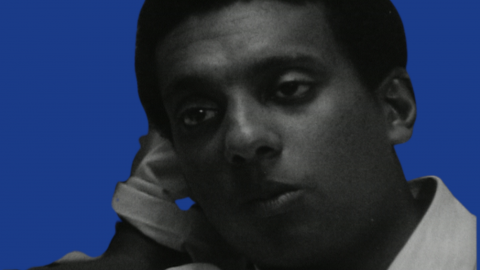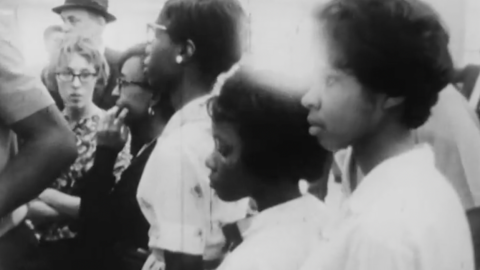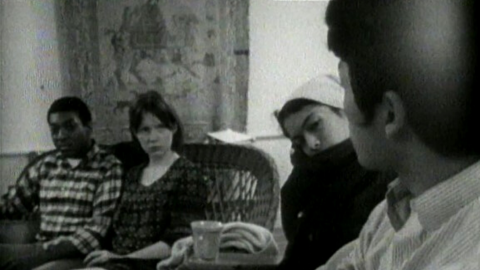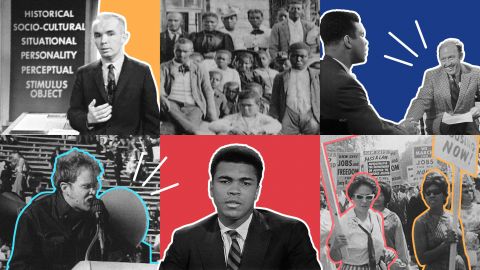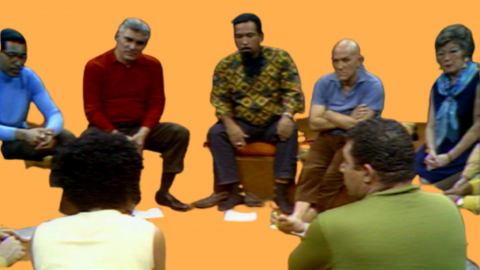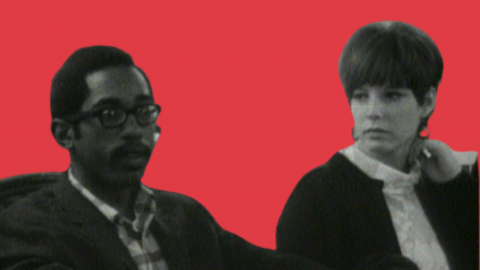Editorial: Justice Delayed Is Justice Denied
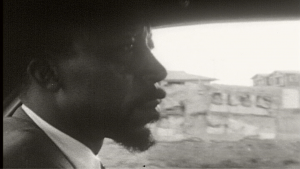
John A. Williams, a Black American journalist, travels to Nigeria to trace his own African roots, as well as the roots of many Black Americans. He highlights the connectivity between Blacks in America and those in Africa, their common bond and their differences. The fight for independence in Africa inspires the fight for civil rights in the United States. The question is, where is home?
By Nida Khan
This content contains scenes that may be too sensitive for some viewers.
In summer 2020, the death of George Floyd at the hands of a police officer awakened in Americans a renewed sense of urgency. Protests broke out across the United States in a demand for justice, police reform and accountability.
The unified, clarion call for justice crossed all racial, religious, gender, age and socio-economic lines. It was the largest mass mobilization across the country since the Civil Rights Movement of the 1960s. This intersectional show of support and solidarity drew intense media coverage and displayed the strength of diverse groups standing in unison to demand change. In line with the trajectory of protest movements of the past, the demonstrations were true to the imperative for social and economic equality within a rapidly diversifying country.
As the Rev. Dr. Martin Luther King Jr. once stated: “The arc of the moral universe is long, but it bends towards justice.”
The Legacy Archive Project of Exploring Hate: Antisemitism, Racism and Extremism explores movements, leaders, thinkers and moments in history that drove societal change. This unparalleled body of work contains rare one-on-one interviews with notables such as Dr. King, Holocaust survivor Elie Wiesel, writer and activist James Baldwin, boxing champion Muhammad Ali and many others. Using archival footage, panel discussions, broadcast segments and documentaries, the series captures the struggle for freedom and equality throughout history. From voting rights to LGBTQIA rights, civil rights, and women’s rights, the fight for inclusion and fairness has been long and arduous. But, in light of all that has been achieved, hope and progress march on. The Legacy Archive Project examines it all.
An intensive study of race relations in the United States, The Dynamics of Desegregation focuses on integration, attempts to maintain the racial status quo, white mobs attacking Black neighborhoods, boycotts and much more. This 15-part series, hosted by Harvard psychology professor Thomas F. Pettigrew, originally aired in 1962 and 1963. As society began to change, hate groups like the KKK gained in influence and acts of racial violence were on the rise. This study analyzed the question of whether race relations improved with close contact, examined the problem of residential segregation, and included an exclusive interview with Dr. King in which he discusses the five stages of desegregation.
Why in the World: After Auschwitz (1985) features a roundtable discussion with a group of high school students questioning a professor of history at the University of Massachusetts, David Wyman, about the Holocaust and the lessons of history – and how future genocide and atrocities might be prevented. This weekly public affairs program geared towards teens shows a real connection between young people and an older academic. The panel of students keenly questions how humanity could have ignored the plight of Jews for so long, and how the United States and other countries could close the door to refugees at such a critical juncture. It is a pivotal conversation resting on the notion that lessons from the past may be absorbed by younger generations.
In the nine-part series History of the Negro People (1965), famed actor and activist Ossie Davis narrates and performs in plays and sketches analyzing various aspects of the Black experience.
The series includes the personal story of journalist John A. Williams, who travels to Nigeria in an attempt to discover his own roots, as well as an episode on the Civil Rights Movement of the 1960s featuring clips of Rosa Parks, President Kennedy, Dr. King and others. In the final episode, Ossie Davis sits down with the Nigerian ambassador to the U.N., a British Africanist, a Brazilian author and critic, an educator from the University of Chicago and a representative from the American Society of African Culture to assess what the future may hold for Black Americans and for the global diaspora.
People often reference Dr. King’s statement regarding the arc of the moral universe. What they often forget is the part about the intense work, struggle and sacrifice needed to bring about progress. Each time period has its unique circumstances, its unique form of resistance and protest – all encapsulated in the films of the Legacy Archive Project of Exploring Hate: Antisemitism, Racism and Extremism. It is with this complex history in mind that the series was brought to fruition and is now available to audiences worldwide. As the interconnection of the world’s people becomes more clear, mutual respect — and speaking out against hate in a unified voice – will help keep that moral arc bending toward justice.
Or as Dr. King summed it up in his 1963 Letter from a Birmingham Jail: “Injustice anywhere is a threat to justice everywhere. We are caught in an inescapable network of mutuality, tied in a single garment of destiny. Whatever affects one directly, affects all indirectly.”
Exploring Hate: Antisemitism, Racism and Extremism is a deep dive into history with warning signs for our present, as well as a roadmap for hope and continued progress. The first set of films shows the many ways by which varying populations are demonized — and the effect of this abuse on those already marginalized, and on all of society. It is a reminder that in the face of hatred and injustice, it is our duty to speak up.
The views and opinions expressed are those of the author.

